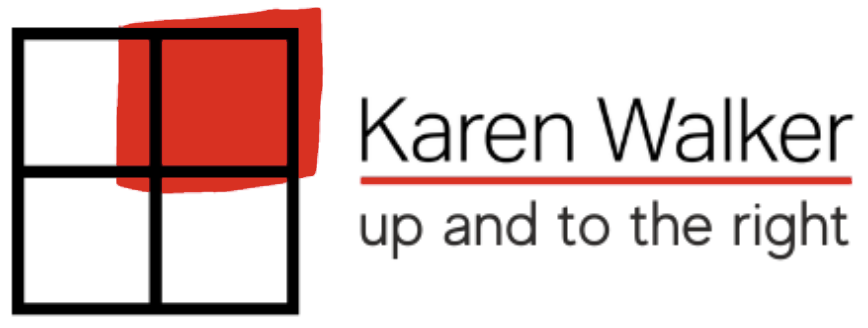Too often, a client will say “I spend my days in
back to back meetings, and I do my real
job after work.” There are a number of things wrong with this sentence, but
let’s focus in on just a few.
First, why are you scheduled in back-to-back
meetings? End those meetings 10 minutes before the hour and give yourself time
to get to the next one on time as well as clear your head. Work expands to fill
the time allotted, and meetings do too. This one step will significantly lessen
the stress in your days.
Second, what is your real job? If it isn’t being done in those meetings, why are you
there? Meetings become a habit, especially recurring ones, and need to be
assessed from time to time for usefulness in terms of topic or in terms of
frequency/length. What is commonly meant is that you don’t have time to do your
individual work, only the group work that occurs in meetings. Where is the time
to do the follow-up from the meetings, as well as any other responsibilities
that you may have? This work, the real
work as it were, will not book itself. You must prioritize it and place
time to accomplish it on to your calendar. The value of releasing yourself from
such time pressures cannot be overstated.
Most importantly, where is your time to think?
Readers of this column are typically knowledge workers, not assembly line
personnel and even they can often
improve their situations with time to think. The responsibility of being a knowledge worker means
utilizing your intelligence and that requires time to think. I coach my clients
to provide time for at least three categories of thinking. One is time set
aside to consider and to plan (not just execute) a specific project, problem,
or topic. Another is time to think strategically about your job and career.
What are the important components? How are they being addressed? How much
attention are you paying to the bigger picture, to non-urgent items? These
items must be attended to if you are to understand your choices and realize
your potential both in your current job and in your career. We all make the
proverbial ten thousand decisions every day. What is the overarching context in
which you are making the decisions? You have a much better chance of hitting
the mark if you have clearly understand the reason why you are aiming at it!
Perhaps the most important of all is free
thinking time. We are often most stimulated with creativity and innovation when
we are not specifically thinking about the task at hand. Time spend walking,
enjoying coffee with friends, reading non-technical books or magazines,
following the occasional random thread of interest that you have discovered
online – all of these can lead you to an “aha!” moment, one that you would not
have found attending to a group meeting.
Try it – you’ll be surprised at how much easier
your day flows and your productivity gains!
© Karen D. Walker 2013
(As published in CEO Mentor Me 2013)
